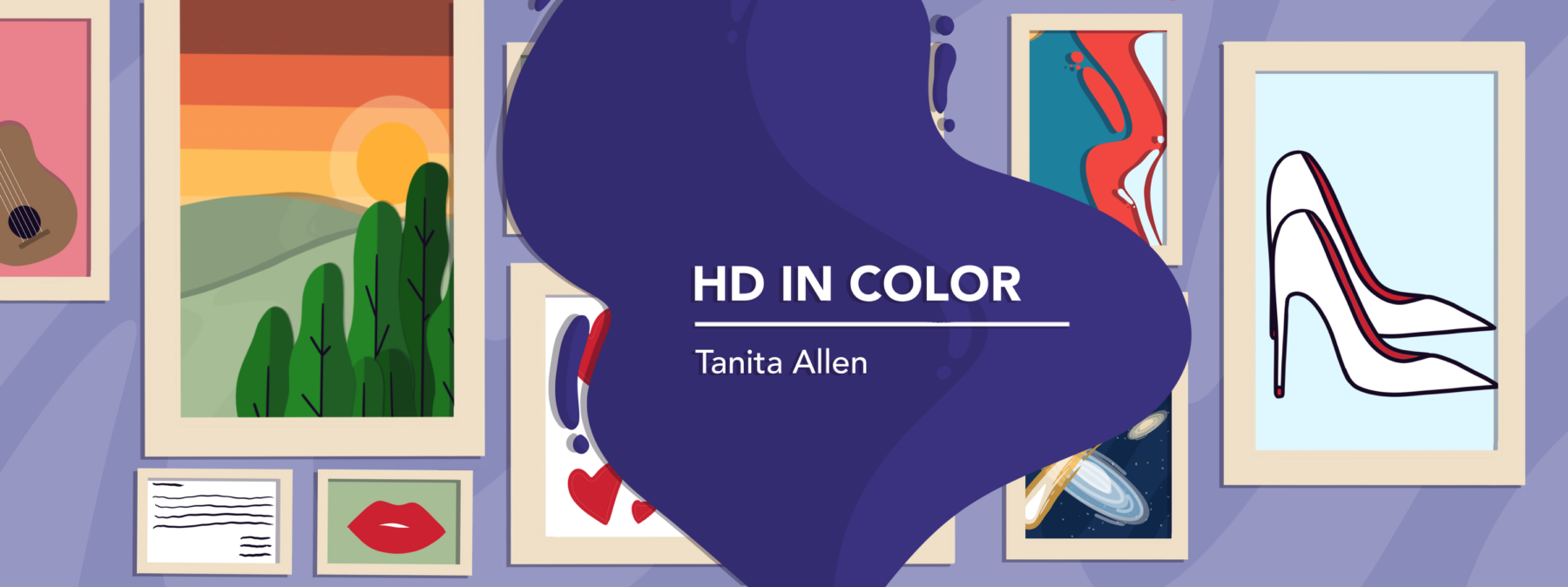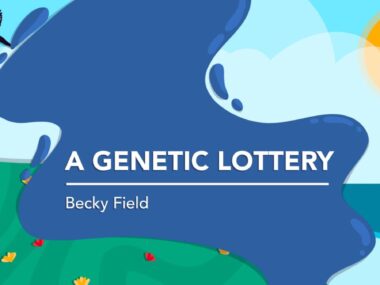Dealing with fear while living with a disease that has no timeline
Huntington's brings much uncertainty, so I try to live in the present
Written by |

Huntington’s disease doesn’t give you a map. There is no itinerary, no neatly labeled stages that tell you when and where things will change. It’s a disease of uncertainty, one that rewrites its rules day by day, sometimes hour by hour. It doesn’t ask permission. It doesn’t give warning.
And that uncertainty? It’s terrifying.
I often live in the space between “now” and “what if.” What if I wake up tomorrow and my movements are worse? What if the anxiety tightens its grip before I can catch my breath? What if the independence I’ve worked so hard to protect slips quietly through my fingers?
It’s hard to explain that kind of fear to someone who’s never felt their body rebel or their brain betray them. It’s not a loud, dramatic fear; most of the time it’s a quiet, steady thrum. A fear that simmers beneath the surface, even on good days. It’s the fear of change without notice. The fear of needing help before you’re ready to ask for it.
And yet, most people don’t talk about it. Society tells us to be hopeful, to focus on the positive. I do that, too. I believe in hope. I speak life over my circumstances every single day. But here’s the truth: Hope doesn’t cancel out fear. The two live side by side. They hold hands in the dark. They whisper different stories, and somehow, I’ve had to learn to listen to both.
Because the fear is real. I fear losing myself. I fear being misunderstood. I fear becoming a burden, even though I know logically I am not one. But logic doesn’t always soothe the emotional weight of watching your abilities shift and change while the world keeps asking you to show up like nothing’s happening.
Sometimes I look in the mirror and search for signs: Am I slower today? Are my thoughts more scrambled? Did I just forget a word, or is the cognitive decline starting? And then comes the spiral: Is this the beginning of the next stage of Huntington’s? Will I know when it happens?
What I’ve learned about dealing with fear
What I’ve learned over time is that fear doesn’t make me weak. It makes me aware. It means I care about my life, about my people, about my purpose. Fear doesn’t mean I’m giving up. It means I’m still here, still trying, still loving this life even when it scares me.
What’s helped me most is learning to name the fear. To speak it aloud instead of letting it take root in silence. I name it in my journal. I name it in therapy. I name it with trusted friends who don’t flinch when I tell the hard truth. Naming fear gives it shape, and when something has shape, it becomes easier to hold.
I’ve also learned that fear shrinks when I focus on what I can do today. I can advocate. I can journal. I can laugh with friends over something completely ridiculous. I can stretch. I can breathe deeply. I can rest. Even on the scariest days, there is usually one thing I can still do. And that one thing becomes my anchor.
Living with a disease that has no timeline requires radical presence. It demands that I stop waiting for the other shoe to drop and start living in this moment — this good, imperfect, sacred moment. The more I root myself in the now, the less power the “what-ifs” have over me.
Still, there are nights when the fear gets loud. Nights when the weight of it all presses down on my chest and I wonder if I’ll ever feel safe in my own body again. And then I ask myself the most important question: “What do I need right now?”
Sometimes the answer is a distraction. Sometimes it’s sleep. Sometimes it’s calling a friend just to hear a familiar voice. And sometimes, the answer is silence — allowing myself to just be, without needing to fix anything.
I’ve stopped trying to predict the timeline. The truth is, I don’t know how much time I have before certain symptoms worsen. Because that’s the other thing about fear: It can feel isolating. But when we talk about it, it becomes a bridge instead of a wall. And we all need bridges right now.
The future is uncertain. But so is the beauty still to come.
So, yes, I carry fear. But I also carry love, purpose, humor, and hope. I carry the lessons my body has taught me and the strength that grows from soft places. I carry joy — not because life is easy, but because joy is still possible, even here. And although I don’t know what tomorrow will bring, I will keep meeting each day with an open heart.
Note: Huntington’s Disease News is strictly a news and information website about the disease. It does not provide medical advice, diagnosis, or treatment. This content is not intended to be a substitute for professional medical advice, diagnosis, or treatment. Always seek the advice of your physician or other qualified health provider with any questions you may have regarding a medical condition. Never disregard professional medical advice or delay in seeking it because of something you have read on this website. The opinions expressed in this column are not those of Huntington’s Disease News or its parent company, Bionews, and are intended to spark discussion about issues pertaining to Huntington’s disease.






Leave a comment
Fill in the required fields to post. Your email address will not be published.